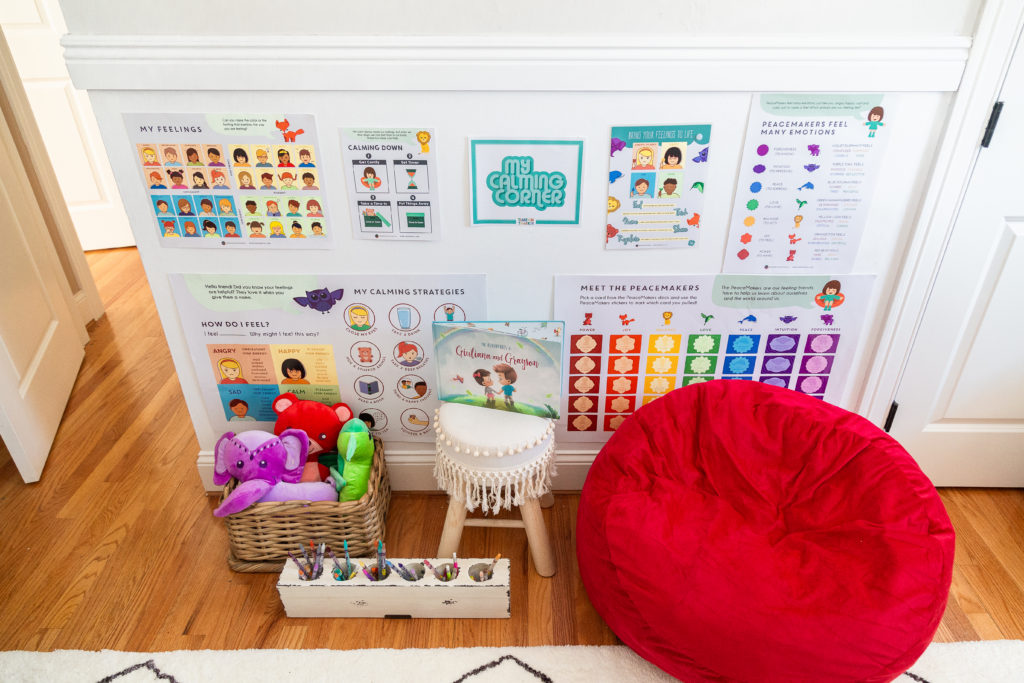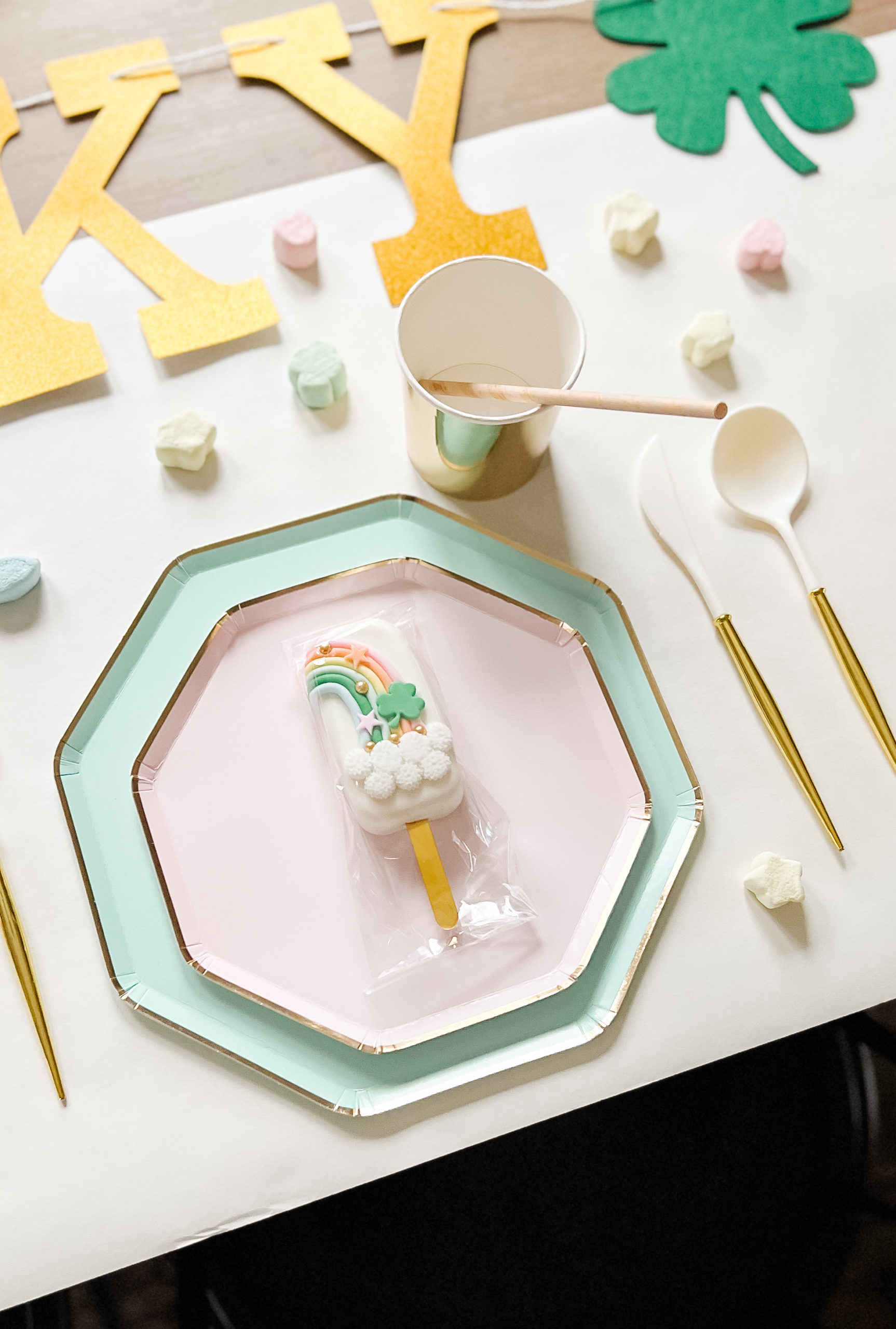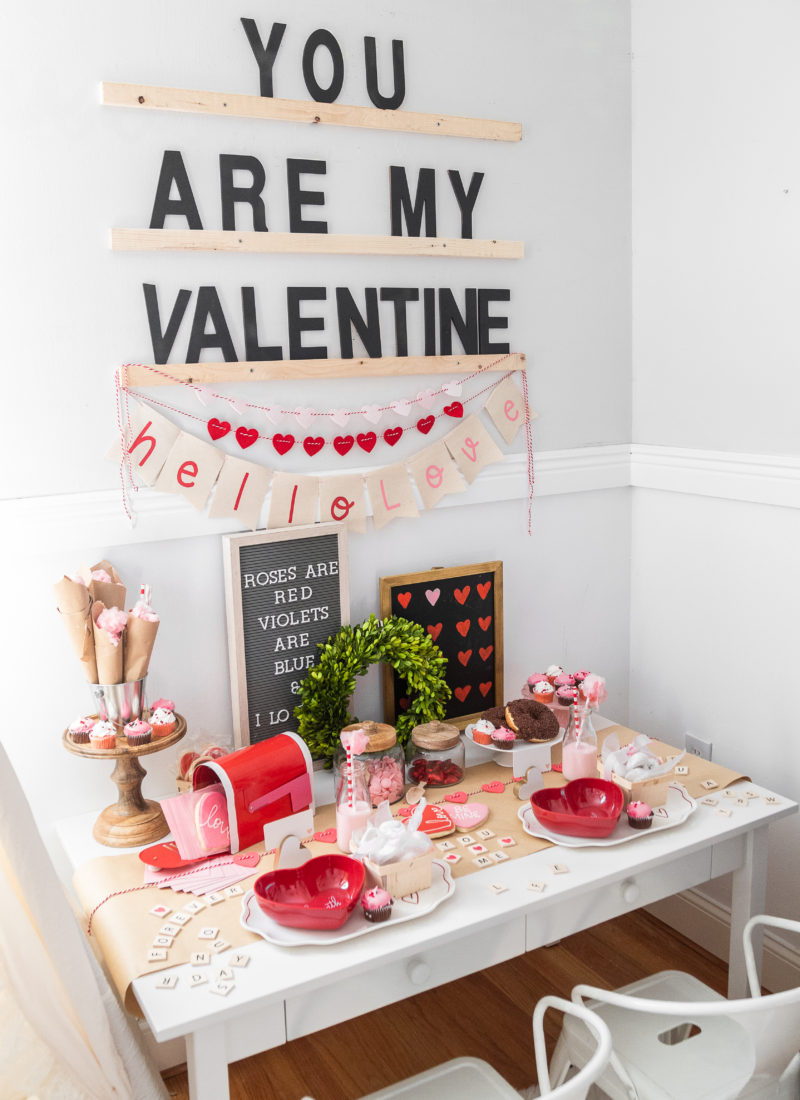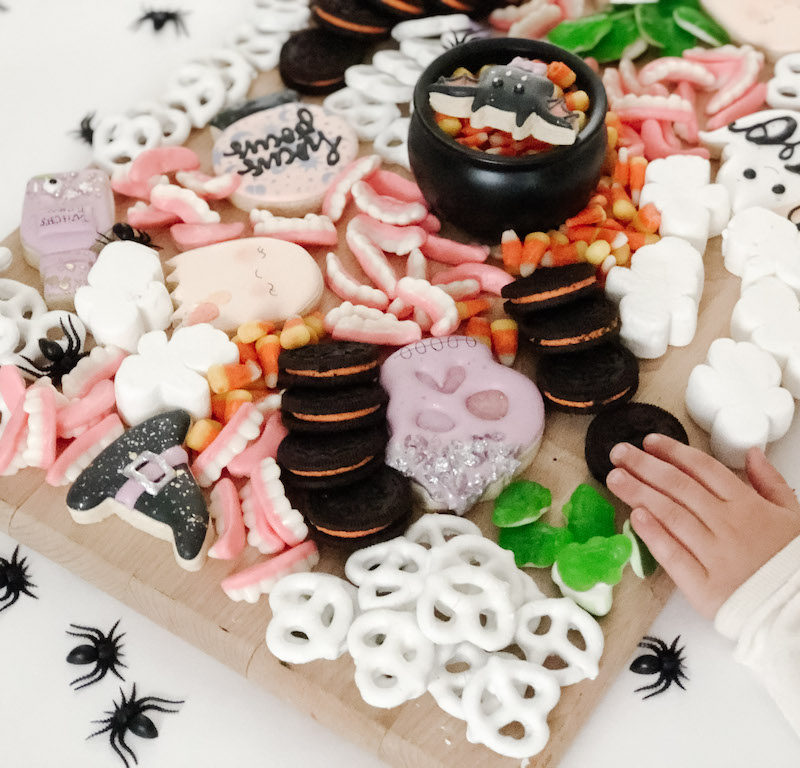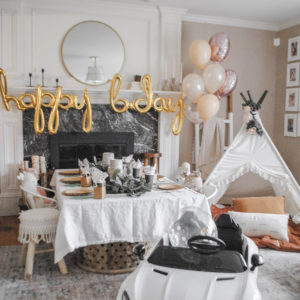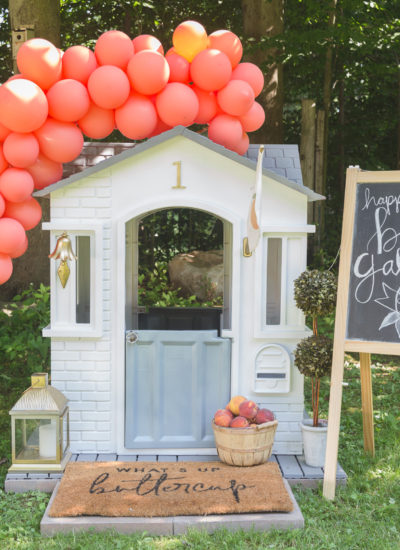We are currently home, all day long. We are around the same people, day in, day out. Our kids are filled with emotions that they do not know how to express. Prior to quarantine, I really thought I had it all together. We had a routine that worked. I did most of my work while my son was at school and anything additional was done at night once the kids were in bed. Quarantine threw a huge curve ball. My son was finally finding his groove in school and found a new passion, karate. Karate was helping him socially and emotionally. It was a great outlet for him. I was starting a mommy and me with my three year old and taking her twice a week. It was the first time that her and I were able to do something together, just the two of us. She made a lady bug craft and was so proud of herself. It still hangs on our fridge because that was the last class we had before quarantine. My youngest and I also started a library class together. I sang songs to her and she got to interact with other little ones her age. It was nice to give her my full attention and see how she was outside of her element.
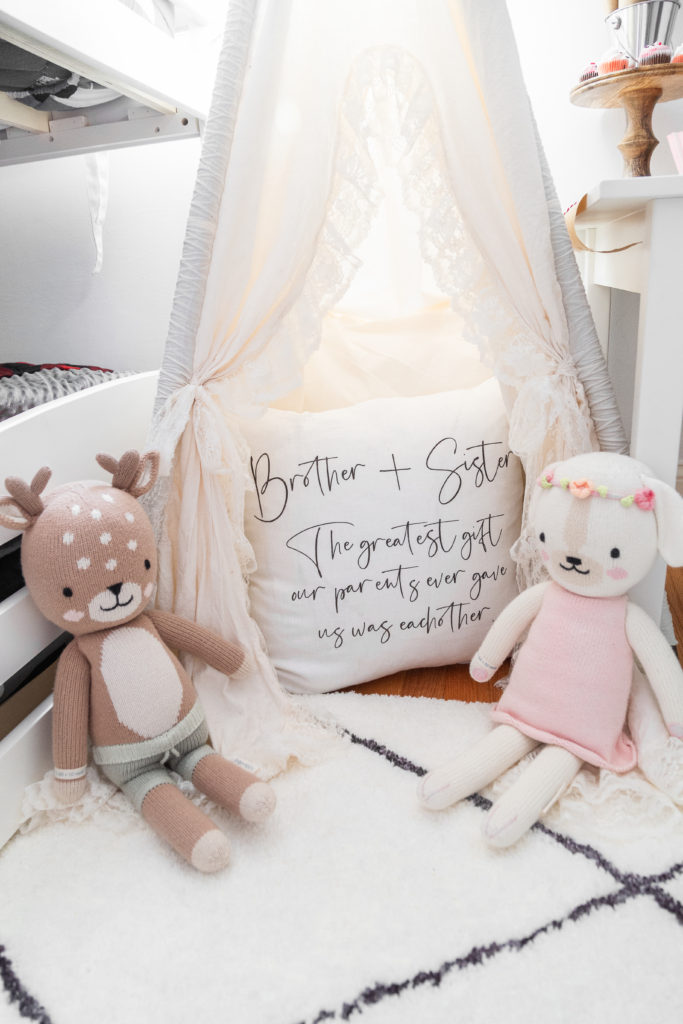
Then Covid happened and turned our lives upside down. My sons last year of preschool ended. My one opportunity to take my daughter to a mommy and me class was canceled as was the class with my youngest daughter. As I was struggling with my own emotions, so were my children, but they didn’t know exactly what was going on and couldn’t put it into words how they felt about it. Our lives and daily routines were ripped out from under us. My daughter frequently pulls out her sky zone socks (a trampoline park) and asks why I don’t take her. These kids need interaction. They need to be with others and socialize. My son craves learning and is a little sponge at this age and needs to be enriched with knowledge. While I try my best, I cannot be attentive to one child, I have to be there for three.
We started off really strong with a solid quarantine routine. I always make them breakfast and then we start our day. I have my first coffee of the day while they eat. Then we usually did a craft, read some books and my son practiced his letters and reading. After two months, their attention spans began to twinkle. My two oldest also began to fight really bad. These two kids were inseparable. They never wanted to go anywhere without one another. I joke saying they are like Siamese twins. It saddened me how much they were fighting, but they were getting on each other’s nerves. They were bored. The same setting day in and day out is just boring.
A Place to Express their Emotions
I then started a program for the kids from Generation Mindful. I knew the kids needed an outlet to express their emotions. I created a calming corner for them that they could go to when they felt overwhelmed or upset. I hung the signs, put out coloring books and crayons and each child had their own stuffed animal for comfort. When the kids were fighting or were upset, they went to their calming corner. A few minutes later I followed up with them, asked them how they were feeling and why. They could point to the face that they were feeling or verbalize it. We talked about ways to improve and help them feel better.
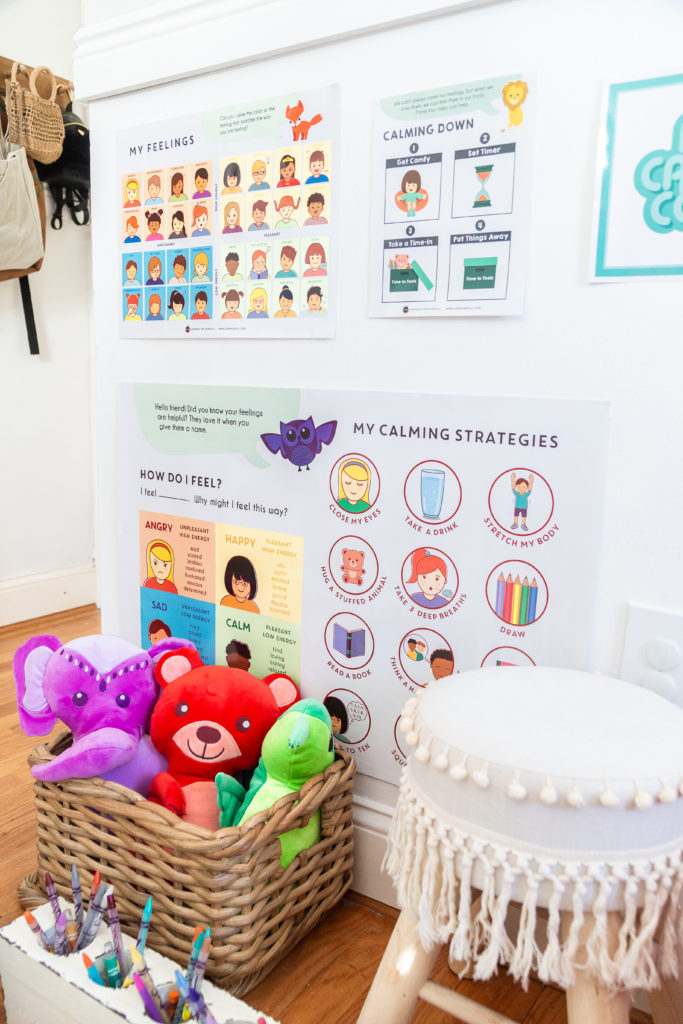
PeaceMakers help children and adults connect in daily, playful ways around the things that matter most: our ideas and our feelings.
Learning a New Kind of Patience
Our kids are going through so much as are we. As parents and guardians, we no longer have the outlets we once did: shopping at the store, parties, social gatherings with friends and events. While we can still talk on the phone or Facetime, not much time is left to do those things with our dally schedule. Thus, we are bottling all these emotions without an outlet. Generation Mindful helps our kids express themselves and in turn we feel better because they do.
Teaching how to Apologize
I used to be very quick to tell my kids to “say sorry”. It seemed like the right thing to do when they did something wrong. If you really think about it, we are forcing them into something that they don’t necessarily want to do or mean. It would come more from the heart if a child said sorry on their own instead of being forced. Therefore, we have been taking time to talk about why the actions happened and what they would do differently next time. We need to talk about their feelings and what resorted to the actions instead of worrying over an apology that they don’t entirely mean. By openly talking to your child about their actions and emotions will often result into the situation never happening again.
This strategy really hit home for me. I have always been focused on getting my kids to say they were sorry. I still remember my son being in karate and doing one of his moves and his arm accidentally came down on another child. The instructor asked my son, in front of all the other children, to apologize. My son is incredibly emotional and gets embarassed easily, so the only action he got out of my son was for him to cry. My son did not intentionally hit the child and felt like he was being punished. We are so quick to ask for apologies rather then seeing ASKING HOW THE CHILD IS FEELING AND WHAT PROMOTED THE ACTION. In this case, it was an accident. I think if the instructor took the two children aside and made them talk, it would have resulted in a different behavior.
Make Mistakes Safe
If your children feel like they are going to get yelled at each time they do something wrong, they will probably start to hide things or even lie. I began telling my son that our home was a safe place where he could tell us anything. At the end of the day, keeping him safe is my number one concern. I acknowledge that the action was not correct, but how appreciative I was that he confided in me. We are not perfect and mistakes will happen. I still have a long way to go in how I react, but my kids come to me and that’s all that matters. Don’t get me wrong, I still find chocolate under their bed sheets and wrappers under the curtains that is blamed on each other, but we need to take this all one step at a time.
Create a Calming Space and use it as a time to talk openly to one another
Pull a card, read it together, and then listen to children’s thoughts and ideas.
You might ask,” What do you think about that?”, “What does this mean to you?”, or “Does this remind you of anything?”.
They might have a lot to share, or very little. They might even feel the card is untrue. Either way, make it your job to listen.
Finally, share you thoughts and then post the card as a visual reminder to inspire all thought the day.
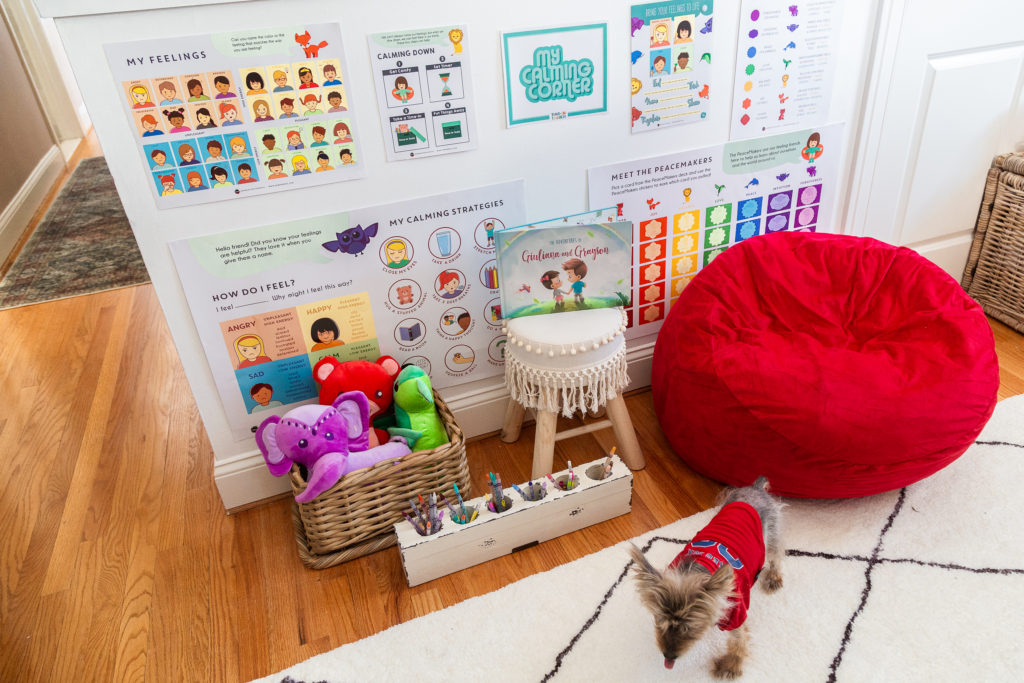
Use as a space to just listen to my kids. Life is busy!
We are all dealing with a lot right know. This is new territory for all of us and there is no right one size fits all. All we can do is try our best, listen, observe and be there for one another.
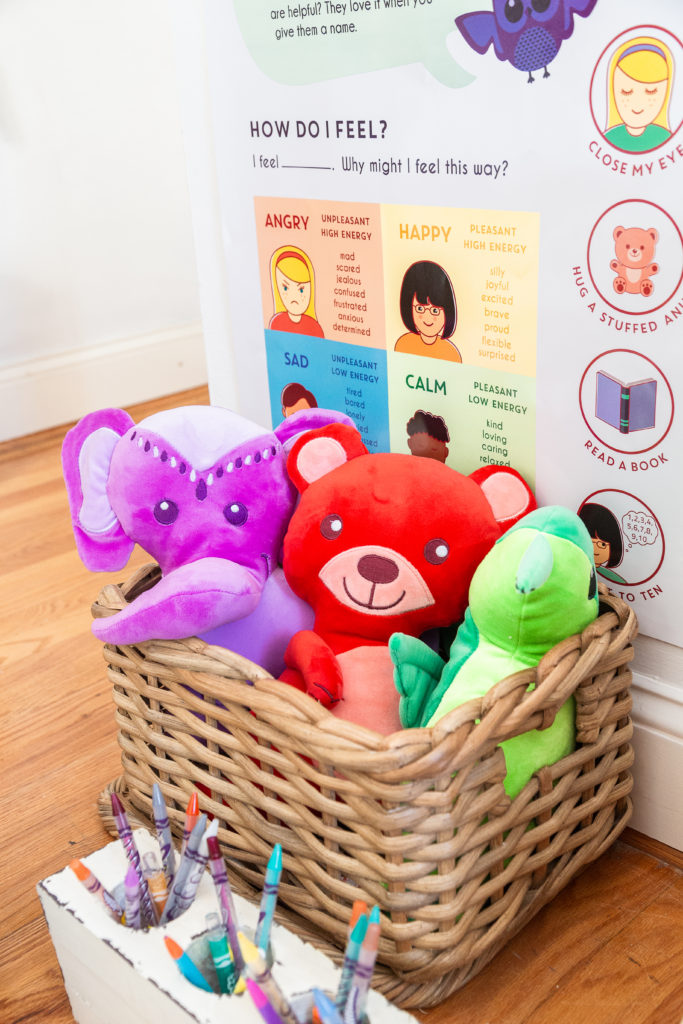
For more information on Generation Mindful, please visit their website. There are many resources on their page that will help you through the process of starting your Calming Corner in your own home.
